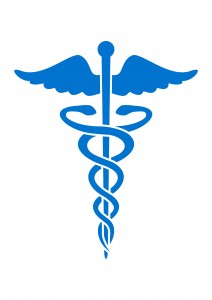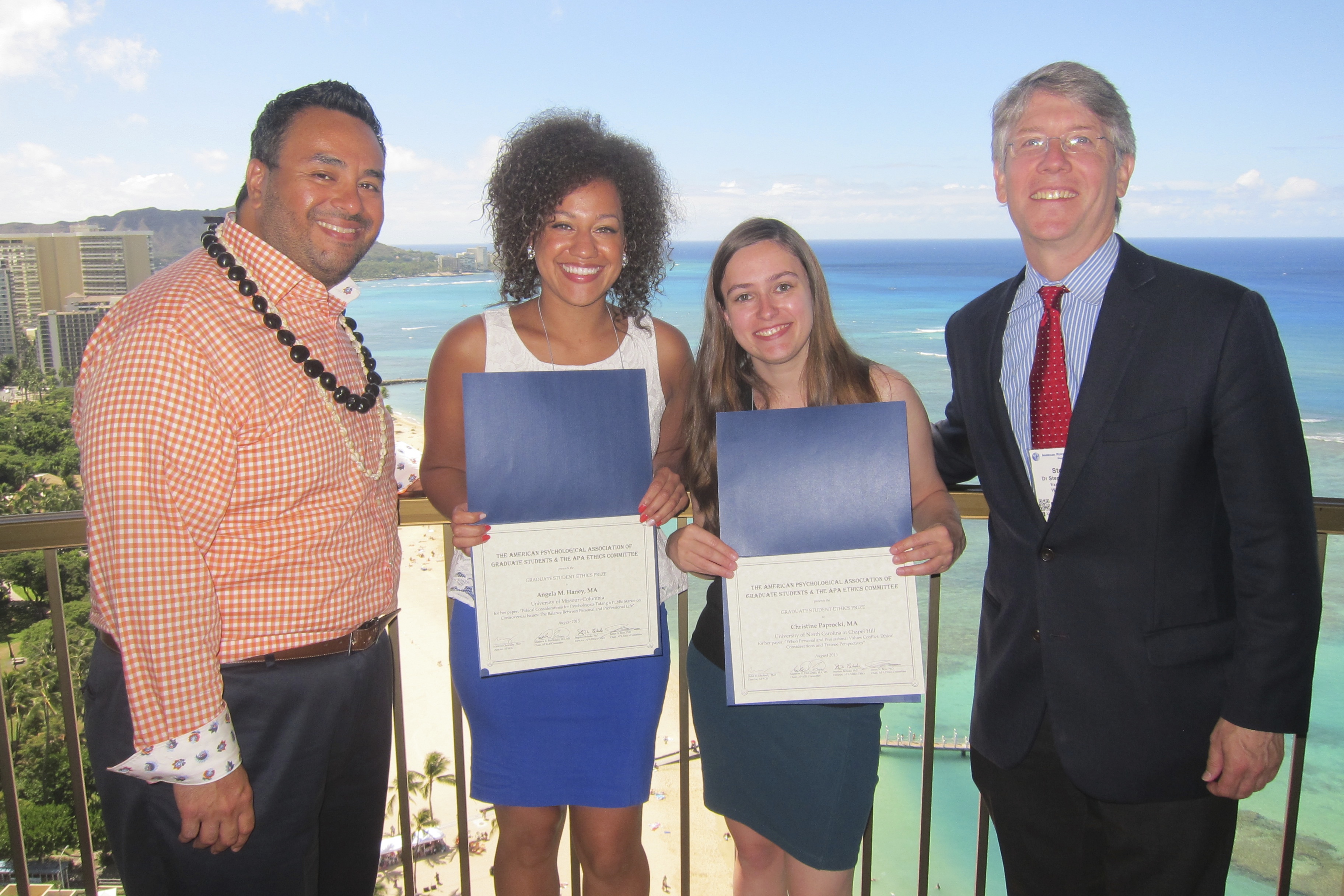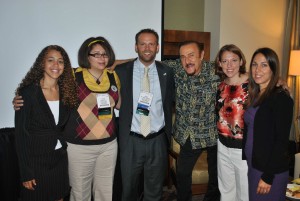
Mattu, 2011
So what do you do if your advisor is as evil as Voldemort?
Graduate school is full of enough challenges and hoops to deal with a toxic advisor. But just as Harry Potter was able to overcome Voldemort, you can graduate with your degree, if you think about the allies that Harry developed over the course of the series. These allies all taught him something important, and you can too by discovering people who are like them in your life.
1) Get Hermione on your side – You need a smart peer on your side who can give you feedback on drafts of your proposal, or challenge you with tough questions before your defense. You want someone who can give you truly constructive criticism, without being mean about it.
2) Find Ron – Everyone needs a best friend, with whom you can commiserate after a tough test or a difficult meeting with your advisor. Social support is so important on the journey to earning your degree! Find someone whom you trust.

El-Ghoroury, 2012
3) Seek Dumbledore – As the headmaster of Hogwarts, Dumbledore often went out of his way to protect Harry (even if Harry didn’t know it). It helps to have an ally among the faculty in your department, particularly someone with some power, such as the department chair or the director of training. An ally who is well connected can be a buffer for you in your interactions with your advisor, particularly on committees.
4) Discover Remus Lupin – While Remus Lupin was Harry’s teacher for one year, the most important thing he taught Harry (the “expect patronus” spell) was something he taught outside of class. Find a mentor who is not at your school who can be a source of support as well as instruction. Perhaps you can find a mentor from your undergraduate institution, or from a conference.
5) Reach out to Sirius Black – Although his parents were deceased, Harry had a godfather, Sirius, who played an important role of loving Harry. Reach out to your parents or family for support in grad school, even if all they do is empathize with you and tell you it will get better.
If you can find these types of allies, you will be well on your way to handling a tough advisor.
There is just one last question to consider: Is your advisor Voldemort, or is he really Snape?
In the books, Harry is convinced that Snape is a bad guy and out to get him, but he learns in the final book that Snape had been protecting him the whole time he was at Hogwarts. Is your advisor really trying to harm you, or are the challenges he’s giving you merely lessons to make you a stronger psychologist?
If these allies don’t help, you may need to learn some spells. Expelliarmus!


 knew outside my healthcare setting thought what I did wasn’t psychology because (a) it wasn’t traditional psychotherapy, (b) my approach was behavioral, and (c) I was working in a healthcare setting practicing clinical health psychology.
knew outside my healthcare setting thought what I did wasn’t psychology because (a) it wasn’t traditional psychotherapy, (b) my approach was behavioral, and (c) I was working in a healthcare setting practicing clinical health psychology. have expertise extending well beyond traditional psychotherapy into areas such as pain management, treatment adherence, rehabilitation, and other important facets of treatment. Although the articles were intended for non-psychologist healthcare providers, if you think you may be interested in work in HIV/AIDS, these articles may provide you with an overview of some of the issues and help provide additional guidance as you move forward in your education and training.
have expertise extending well beyond traditional psychotherapy into areas such as pain management, treatment adherence, rehabilitation, and other important facets of treatment. Although the articles were intended for non-psychologist healthcare providers, if you think you may be interested in work in HIV/AIDS, these articles may provide you with an overview of some of the issues and help provide additional guidance as you move forward in your education and training.
